A plot to kill or injure Myanmar’s UN Ambassador U Kyaw Moe Tun was exposed in the first week of August with the FBI arresting two suspects. Myanmar people drew the conclusion that the military regime was behind the plot. The military regime however denied any involvement.
The plot bears testimony to the fact that the bloody tradition of eliminating political dissidents is still entrenched in Myanmar’s politics.
Unfortunately, this tradition began with the assassination of Myanmar’s independence hero General Aung San and his colleagues in 1947, a year before Myanmar was freed from colonial rule, by a political rival. Several more happened after the military coup in 1962 and the practice still flourishes today. A closer look at these assassinations—some failed—reveals the alarming fact that most of the politically motivated killings took place when Myanmar was under military rule. Let’s take a look.
Captain Kyaw Zwa Myint
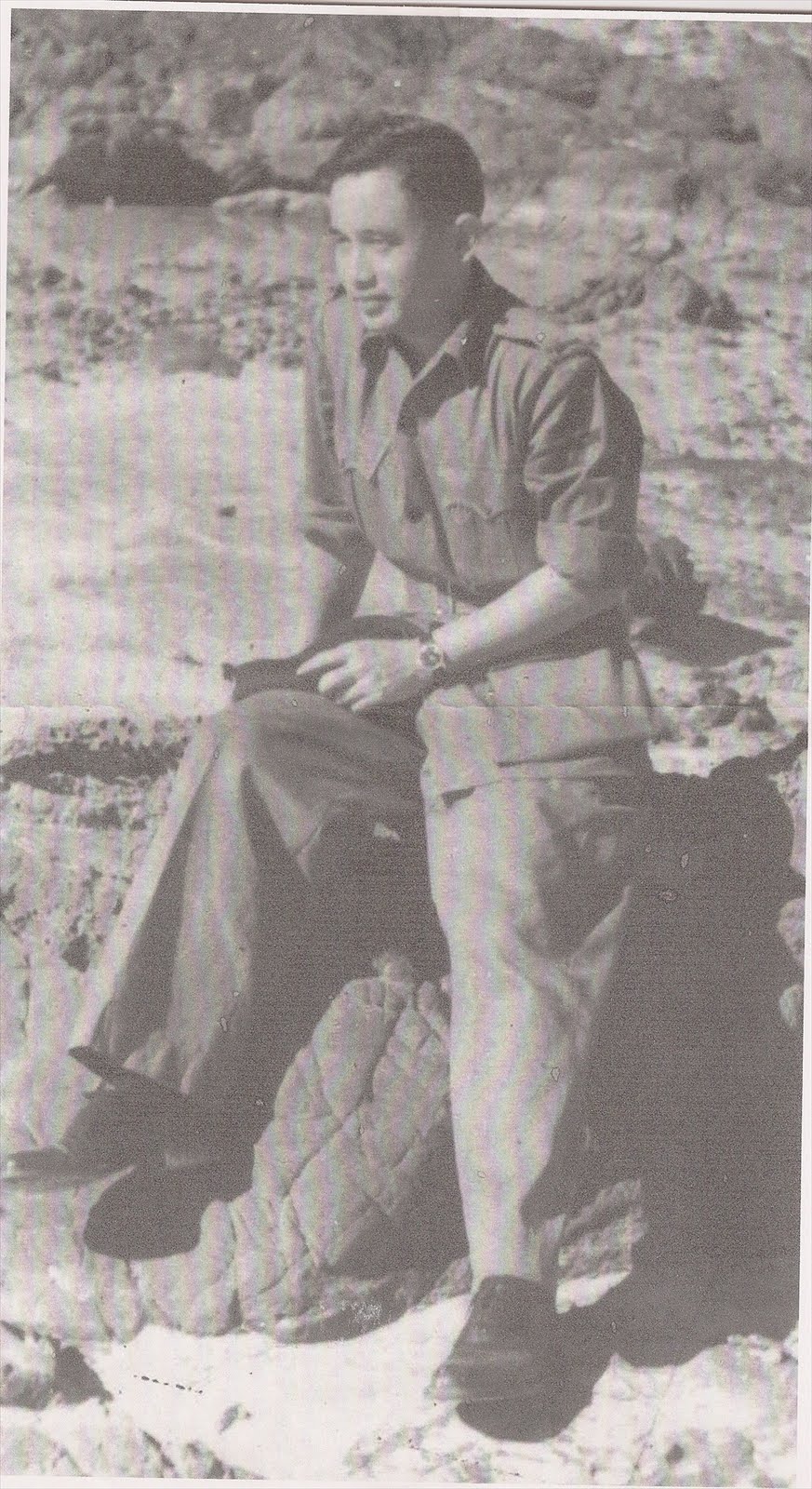
The first attempted assassination after the 1962 coup took place in 1965. The target was Captain Kyaw Zwa Myint, a former personal assistant to General Ne Win. The captain fled the dictator to Thailand. Ne Win reportedly much appreciated the smart, 34-year-old Christian Anglo-Burmese soldier.
There were different stories about why he ran away from the military dictator. Some said he got too close to Ne Win’s wife Daw Khin May Than. Some said he questioned Ne Win’s nation-building ideology, the “Burmese Way to Socialism,” which later proved to be destructive to the country’s economy. Some said he sold a military secret to the Thai military attache for US$35,000. Rumors had it that he attempted to poison Ne Win over the dictator’s oppression of Christians in the country.
Capt. Kyaw Zwa Myint did flee, and his former boss did order that he be found at any cost. His family was detained as he fled. An assassin sent by Myanmar stabbed the former captain while he was eating at a Bangkok restaurant, but Kyaw Zwa Myint managed to survive, wrote Kyi Win Sein—Ne Win’s protege who served as a business consultant and legal adviser for the regime—in his book “Me and the Generals of the Revolutionary Council.” Kyaw Zwa Myint later took refuge in Australia and died of cancer at the age of 49 in 1981.
U Win Ko and U Hla Pe
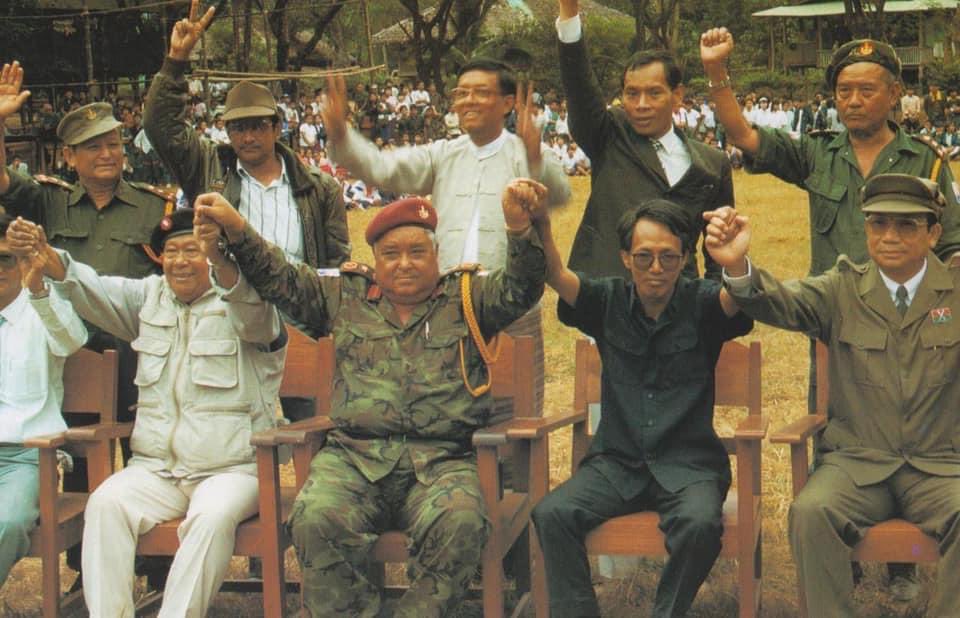
In 1993, U Win Ko and U Hla Pe, of the government-in-exile known as the National Coalition Government of the Union of Burma (NCGUB), were killed abroad. The military regime led by Senior General Than Shwe had declared the two ministers fugitives.
U Win Ko was from Daw Aung San Suu Kyi’s National League for Democracy (NLD), and elected in Ye-U Township in the 1990 general election, whose result the military refused to recognize. He served as the finance minister in the NCGUB headed by Dr. Sein Win, a cousin of Daw Aung San Suu Kyi. He was murdered while staying at a hotel in China’s Kunming. He was 58.
U Hla Pe was also a minister. The NLD member was elected in Pyawbwe Township in the 1990 poll. He was assassinated in Bangkok. He was 54. The two fled a few months after the 1990 election, after the military started to imprison lawmakers-elect instead of transferring power to them.
Daw Aung San Suu Kyi
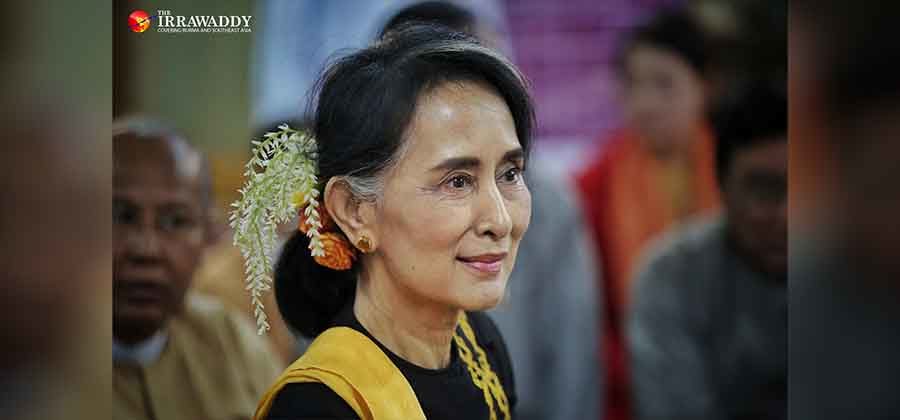
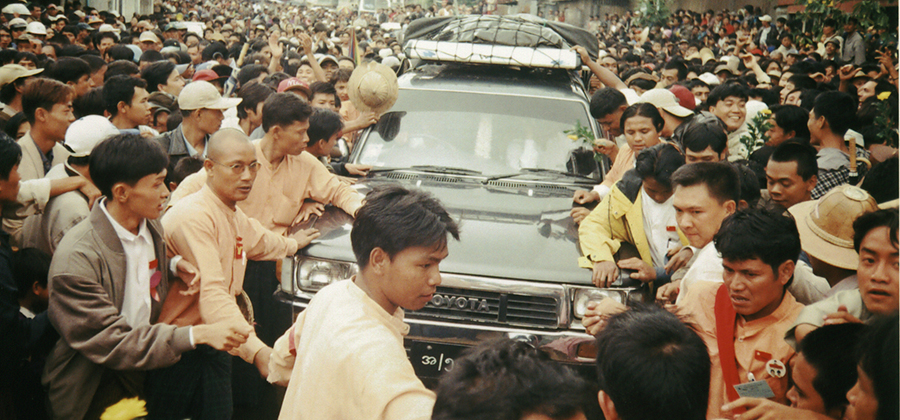
Daw Aung San Suu Kyi herself was targeted as the top opposition figure to military rule. Thousands of regime-backed thugs armed with swords, spears and sharpened bamboo sticks attacked Daw Aung San Suu Kyi’s motorcade in Kyee Village, on the outskirts of Sagaing Region’s Tabayin Township, on May 30, 2003.
About 70 people were killed and others severely injured, although Daw Aung San Suu Kyi’s vehicle managed to escape. Former Military Intelligence chief Major General Khin Nyunt wrote in his autobiography that Than Shwe ordered his deputy Soe Win (who later became the prime minister of the regime) to stop Daw Aung San Suu Kyi’s motorcade by any means.
Padoh Mahn Sha Lah Phan
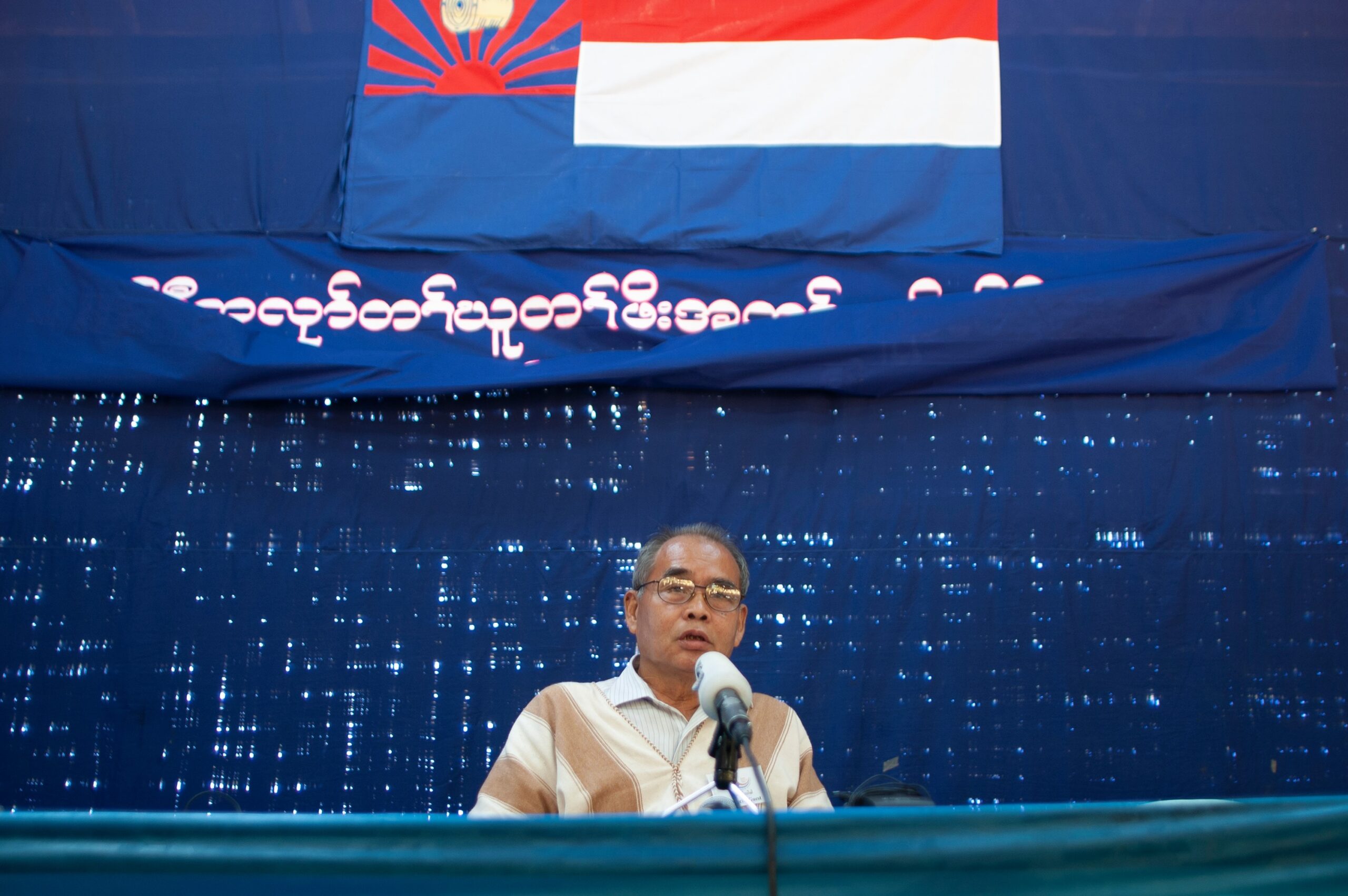
On Feb. 14, 2008, Karen National Union general secretary Padoh Mahn Sha Lah Phan, 65, was assassinated by gunmen at his home in the Thai border town of Mae Sot.
The outspoken KNU leader was well respected not only by the Karen people, but also by Bamar political activists for the broad-minded leadership he provided to the democracy movement.
Three days before his assassination, he said in an interview with The Irrawaddy: “We can’t rely on the State Peace and Development Council [which the military regime called itself] for a genuine democracy and Union system to emerge. The military dictatorship and [Bamar] chauvinism must be wiped out.”
The Democratic Karen Buddhist Army and Karen National Liberation Army-Peace Council, which have close ties with the military regime, were blamed for the assassination. There was speculation Major General Mya Tun Oo (now a general and Defense Minister in Min Aung Hlaing’s regime) was involved in the assassination.
Mya Tun Oo has served as commander of No. 101 Infantry Division Headquarters, principal of Defense Services Academy, and commander of Central East Command. He is reported to have helped improve relations between the military and Karen armed groups and is also a military representative to the ongoing ceasefire talks between the government and ethnic armed groups.
U Ko Ni
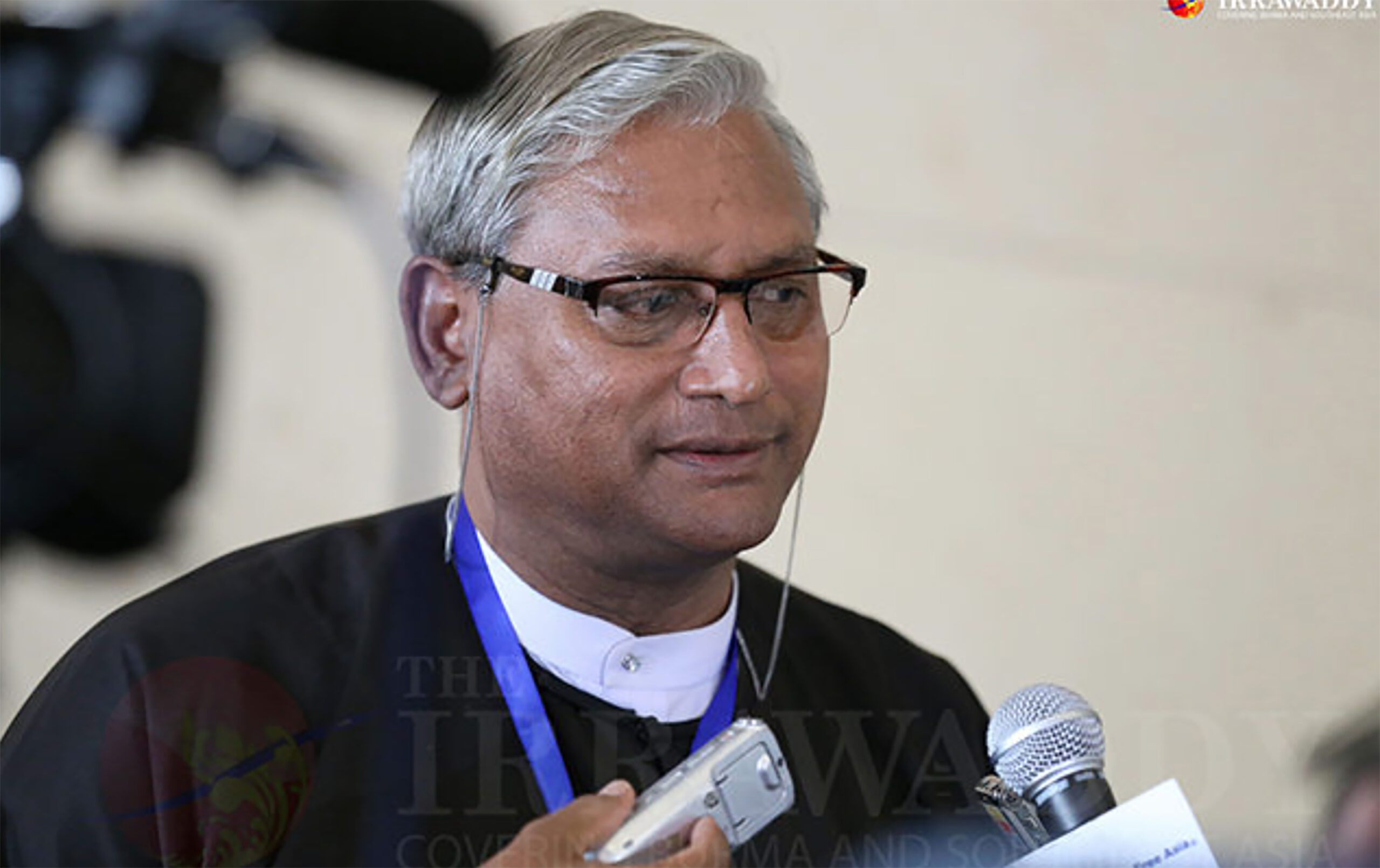
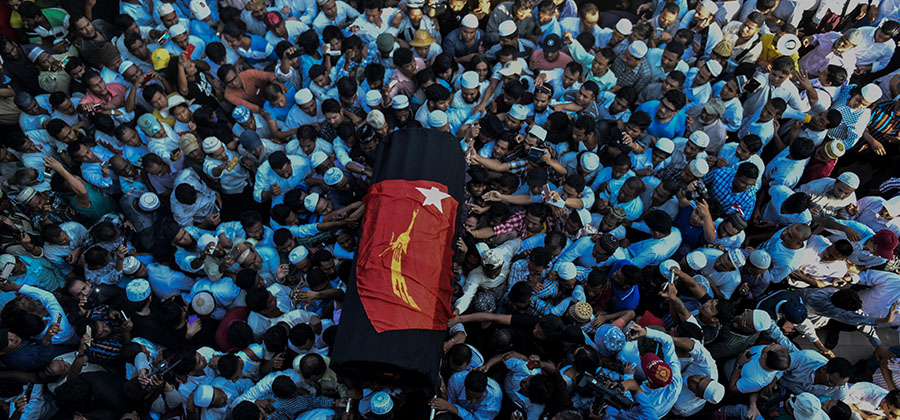
Legal expert U Ko Ni, a prominent legal adviser to the NLD, was gunned down at Yangon International Airport in broad daylight in 2017. The 64-year-old lawyer was credited with creating the position of state counselor for Daw Aung San Suu Kyi, who is constitutionally barred from the presidency, after the NLD won a landslide victory in the 2015 general election. He was also one of the most vocal critics of the military-drafted 2008 Constitution.
The assassination was orchestrated by a former major with Myanmar’s military. It is widely believed that Myanmar’s military was involved in his assassination. Ex-major Aung Win Khaing, who hired gunman Kyi Lin, is still at large.
UN Ambassador U Kyaw Moe Tun
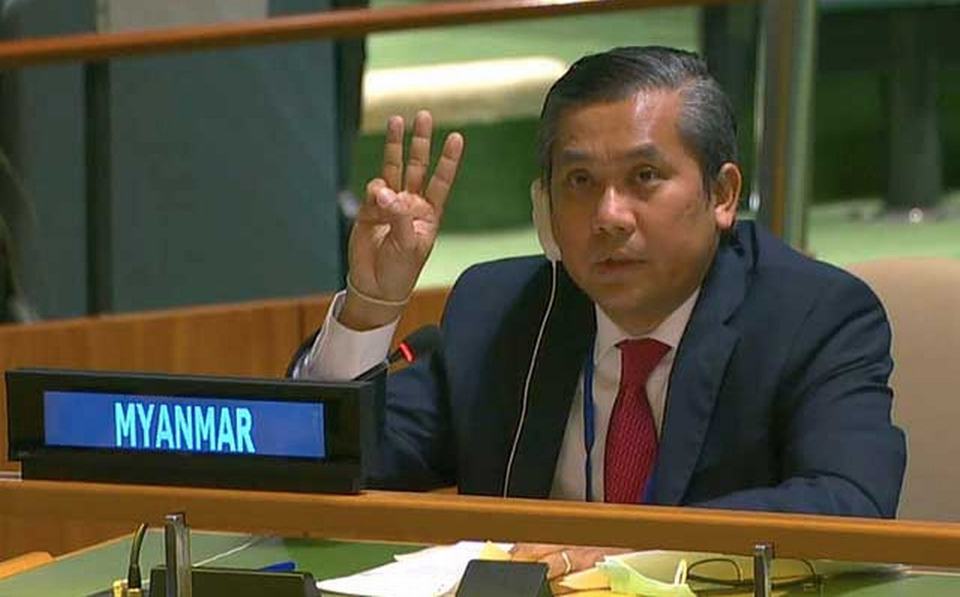
In the latest of the assassinations or attempted assassinations, Phyo Hein Htut, 28, and Ye Hein Zaw, 20, plotted to seriously injure or kill Myanmar’s UN ambassador U Kyaw Moe Tun. Phyo Hein Htut told FBI investigators that an arms dealer in Thailand had contacted him online and offered him money to hire attackers to hurt the ambassador and force him to step down.
U Kyaw Moe Tun said the FBI and New York police are currently providing security for him. He publicly opposed military rule in Myanmar during a UN meeting in February after the coup. Since then the regime has tried to replace the ambassador, but in vain so far, as the UN has not taken action at the junta’s request. Currently, he represents Myanmar’s National Unity Government formed by lawmakers from the ousted government and ethnic minority representatives.
You may also like these stories:
Myanmar Junta Snubs UN Envoy’s Call for Proposed Dialogue
Myanmar Reacts as Resistance Fighters Make Deadly Jump to Avoid Raiding Troops
China Starts Calling Myanmar Junta “Government”

















